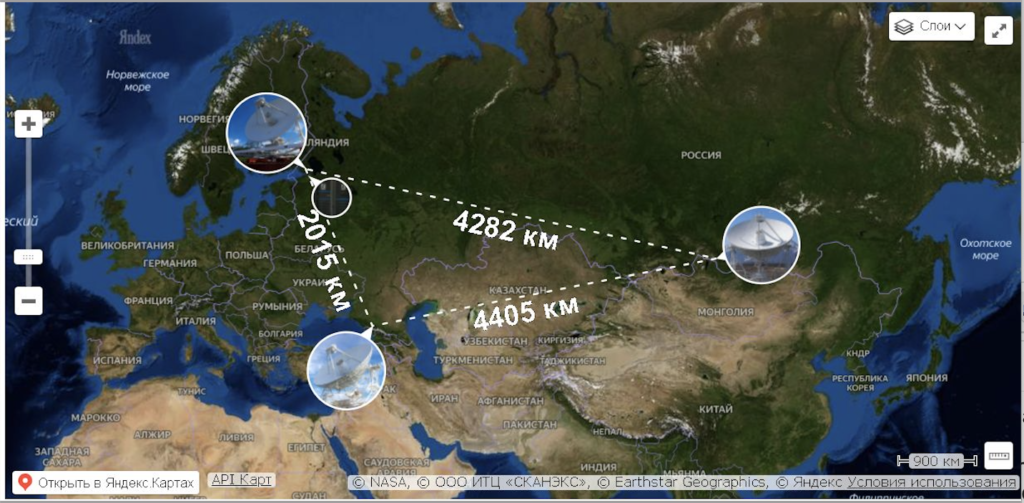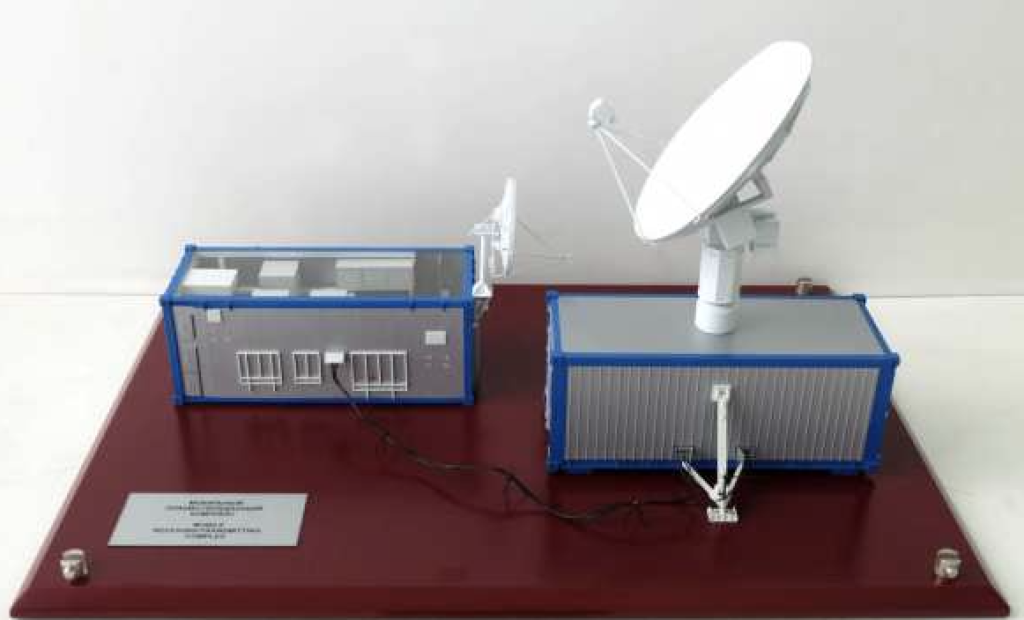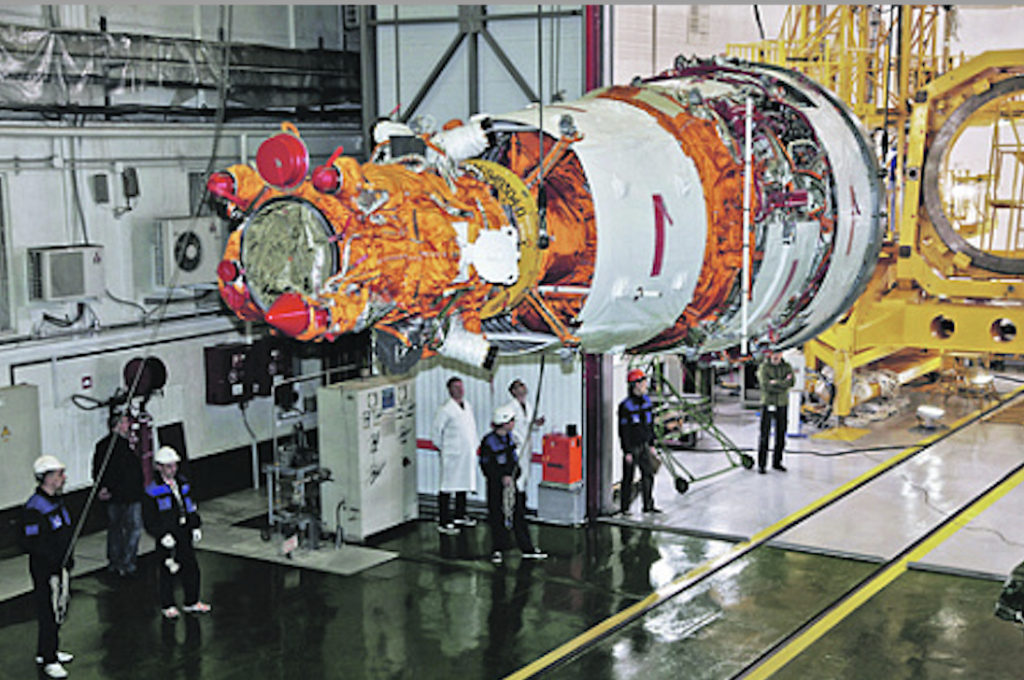*By Paulina Zelitsky, P.Eng.
“Russian support is requested by Latin American countries, where there is a threat of drug-related terrorism and color revolutions,” stated Russian Defense Minister Army General Sergei Shoigu at the Moscow Conference on International Security held in Moscow on June 23-24 of 2021 attended by about 700 delegates from 109 countries, including 55 ministers of defense, their deputies and chiefs of general staffs.[i] According to Shoigu, the leadership of these countries is forced to equip its national armies with modern weapons, to prepare military personnel for combat operations in a difficult environment of public unrest.[ii]
Russia has renewed its military commitment to Cuba, Nicaragua, and Venezuela, in response to the three countries’ request for more modern weapons supplies from Moscow. Russian military assistance discussed at the conference is not limited to the little green men, Kalashnikov automatic weapons, rockets, and unidentified tank divisions, as it was in the case of neighboring Ukraine or Syria. The main new threats discussed at the conference were the problems of space exploration and the dangers of cyberspace and how Russia and their allies are going to win The Space Wars[iii].
«Space and cyberspace are increasingly involved in military warfare,» Shoigu said. According to General Valery Gerasimov, Head of General Staff of the Armed Forces of Russia, and first Deputy Defence Minister, the threat of international terrorism remains, and the consequences of Western actions «to impose democratic change» are often the breeding ground for this.[iv]
In the case of Cuba, the situation is dire indeed. The humanitarian crisis, more than ever, in times of COVID-19 pandemic, escalated to such a degree that a traditionally resilient and obedient Cuban population, fearful of imprisonment and punishments, have started growling against the senseless, ultimate misery to which they are subjected by their bankrupt government. Even the myths of social equality and advanced Cuban medicine have collapsed when the indifference and abuse of their government became unbearable. The absence of medicine, food, services, a total sanitary collapse in the country, and 30,736 political arrests of dissidents, journalists, artists, students, and priests over the last 5 years assured the natural demise of this false paradise.[v]
The Russian leadership suggested at the conference to extinguish this national crisis by selling to Cuba new Russian armaments and, in particular, providing a new modern Russian military mobile station for space and cyber coverage of all USA territory against their presumable cyber terrorists, their rockets, and satellites. Such stations will track and send the data to Moscow for real-time processing but how will they help the miserable Cuban people? It will help only Russia to track, steal, and send all the military space information to Moscow. Indeed, Russia needs to track the satellites of adversaries and the Global satellites positioning signals (GLONASS) for remote operation of Russian cruise missile systems SKIF and their launchers installed in secret submarine silos on the deep ocean floor in Cuban territorial waters, against which, please excuse me, USA still has no cruise-missile defense.[vi]
Moscow and Havana have signed contracts to modernize the Cuban military industry through a 38-million-euro loan to Cuba for the development of their defense sector. All previously supplied equipment is being modernized and the purchase of Russian aviation products has been planned. In 2019, Cuban servicemen took part in the International Army Games «Armi2019» for the first time.
Russian Defense Minister Sergei Shoigu previously indicated an interest in expanding cooperation in the naval military sphere, which is already progressing. He meant the return of Russian submarine bases in Cuba and modern navy repair facilities for them. In addition to the above, Russian leadership prefers not to admit that some latest modern weapons from Russian military arsenal were already installed in Cuba and operational since 2019.
«To date, we have in our arsenal unique strategic bombers (Tu-160), OTRK with powerful ballistic and cruise missiles (the Iskander family), Sarmat missile system, air defense systems (S-400), intercontinental ballistic missiles, nuclear missile cruisers with powerful anti-ship missiles (hypersonic missile «Circon»), Scyth (SKIF) ocean floor-based and launched cruise missiles,” said Senator Viktor Bondarev, former head of the Russian Air and Space Forces in October of 2017.[vii]
Russia will not admit to their installations of the ocean floor silo launchers for SKIF cruise missiles equipped with multiple nuclear warheads operated remotely on command from Moscow to hit the ground and water targets of the enemy. Of course, it was not a Russian practice to admit the presence of little green men and their tank divisions in Ukraine; still, Crimea and Donbass continue being occupied by Russian forces.
To operate remotely, these ocean floor-based cruise missiles and their launching systems, a reliable and precise space data acquisition complex is required. It consists of a specialized network of large-scale wide-angle telescopes for distributed observations of near-Earth space using the Russian-Cuban observatory. Russian V-President Dmitry Medvedev personally officially opened this space satellite data acquisition center and announced it functional in Cuba on October 4, 2019.
The contract for this space data acquisition center was signed by «Precision Instrumentation Systems» of Roscosmos (Russian military enterprise) and Geocuba S.A. (Cuban military CAESA enterprise); but for camouflage reasons, it is currently using different names: the Institute of Applied Astronomy of the Russian Academy of Sciences (IPA) with the Institute of Geophysics and Astronomy of the Republic of Cuba (IGA) who are claiming to create the joint Russian-Cuban geodesic station.[viii] Its main goal is to improve the exact characteristics of the Russian Quasar-KVO satellites network and the global network of stations by significantly improving the geographical distribution. This satellite navigation system is designed to receive data from Earth remote sensing satellites and transmit this data to Moscow via Luch relay satellites in coded mode. While the civilian use of these data acquisition centers is possible for navigational and geodesical applications, the value of their military applications for Russia is beyond doubt. Ivan Moiseyev, the scientific director of the Space Policy Institute of Russia, believes that the space information reception complex, which is deployed in Cuba, can be used for military purposes.[ix]
«These are normal-type stations; there are a lot of them. They receive information from those satellites for which they are licensed, no matter whose satellites they are and the information can be used for both military and civilian applications,» he told the media. Earlier, the media reported that in addition to solving the national economic problems of the new generation of «Resource-P» spacecraft, developed by the Progress Rocket and Space Center (RCC), will be able to «detect the launches and flight of rockets, detect and identify space debris, and act as telescopes – to observe the stars.»
Obviously, they will be able to observe the objects of the adversaries in space and on Earth with the same success. Many media outlets refer to this type of spacecraft as reconnaissance satellites. Although in addition to them, the Russian military department officially uses military spacecraft to probe the Earth and near-Earth space.[x]
The new Cuban mobile station IPCC receives information from high-speed radio lines from the ER spacecraft and exchanges it with ETRIS centers via Luch-5-type relay satellites. The complex provides demodulation, decoding, restoration of personnel structure, and registration of the accepted target and official information, as well as its operational storage, cataloging, archiving, and long-term storage for up to 30 days. The initial processing of the maximum amount of information of the Resurs-P spacecraft session is no more than 25 minutes. The complex consists of an information processing module and an antenna complex, which consists of two separate containers made in the dimensions of a standard 20-foot shipping container. Transportation of the IPPC is possible by road, rail, air, and water transport. A four-person calculation is sufficient to deploy the complex after transportation. Inside the container modules, there are ergonomic jobs for two operators of receiving and processing information.[xi]
The true location of this space data acquisition center is secret, with the mountains of the Sierra del Rosario Ecological Reserve have been mentioned in an article of Russian Astronomical Journal “On the Prospects of Distributed Observations of Near-Earth Space using the Russian-Cuban Observatory” published in 2018[xii]. Special attention will be paid to the possibility of using the network for a wide range of astronomical studies, including optical support for the localization of gravitational waves and other transient events.
In general, it is possible to deduce that shortly the USA might find itself in the shoes of Ukraine since the protective prohibitive distance against military aggression between Moscow and the USA became only 90 miles. The advice of the experienced Ukrainian President Vladimir Zelensky on how to interpret and deal with Putin’s Russia could be useful. Nothing is True and Everything is Possible, according to Peter Pomerantsev.
Only open-source public information was used in this article.
[i] https://mil.ru/mcis/program.htm
[ii] https://tass.ru/politika/11723123
[iii] https://www.ng.ru/politics/2018-10-11/1_7330_cuba.html
[iv] http://redstar.ru/rossiya-i-kuba-namereny-razvivat-sotrudnichestvo-po-linii-voennyh-vedomstv/
[v] https://babalublog.com/2021/07/03/more-than-30000-political-arrrests-in-communist-cuba-over-the-past-5-years/
[vi] https://www.businessinsider.com/us-military-lacks-cruise-missiles-defense-2016-8
[vii] https://defendingrussia.ru/a/donnyje_rakety_skif_prinjaty_na_vooruzhenije-7324/
[viii] http://iaaras.ru/dept/habana/
[ix] https://www.ng.ru/politics/2018-10-11/1_7330_cuba.html
[x] http://s-kps.by/sotrudnichestvo-rossii-i-kuby-v-voenno-kosmicheskoj-oblasti-vozobnovljaetsja.html/
[xi] https://www.youtube.com/watch?v=Qx3xwAKguSA
[xii] https://elibrary.ru/item.asp?id=35025167
Photos



*Paulina Zelitsky is a Soviet-born Canadian Professional Engineer with international experience in security, transportation and energy sectors. During 1968-71, she was a member of a design and construction team of a secret Soviet submarine base installation in Jagua Bay, Cienfuegos, Cuba, which operated for over 20 years. She defected to Canada in 1971. The dramatic story is detailed in her memoir “The Sea is Only Knee Deep”.








